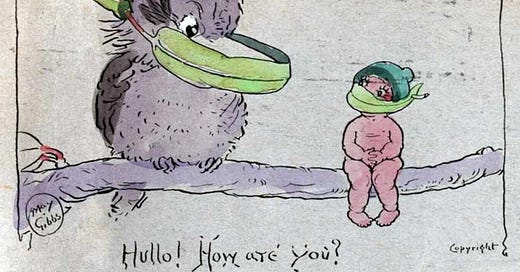As someone who spends hours piecing together the lives of ancestors from the documents our ancestors left behind in the records, I never expected to find myself consciously documenting history as it unfolded around me. Yet that's exactly what happened when COVID-19 transformed our world.
This weeks prompt for the 52 Ancestors in 52 Weeks is ‘historic event’, I couldn’t leave out something as important as this in our lifetime.
Living in Western Australia during the pandemic was like being on "an island within an island." While we watched case numbers soar elsewhere, Premier Mark McGowan's "based on health advice" mantra kept us in a protected bubble.
In my latest blog post, I share the unexpected journey of:
Navigating the rollercoaster of border closures and sudden lockdowns
Teaching my grandchildren about family history over Zoom
The bittersweet moment when our borders finally reopened
Finding time amidst isolation to research my convict ancestors and write a book about them
Source: NAA (National Archives of Australia), May Gibbs illustration for public health poster, 1919, CP567/1, Box 4
For a genealogist accustomed to studying how past generations weathered historic events, to then find ourselves becoming part of history-in-the-making. I created an online scrapbook throughout the pandemic—documenting empty supermarket shelves, vaccination certificates, and changing regulations—realising that someday it would become a primary source for future family historians.
What historic events have you lived through, and how did you document them for future generations?





An excellent point that we are living through historical events, and yet we often disregard them to focus on what happened to previous generations.
A few local historical societies I am a member of here in America collected some oral histories and documented it, but what they saved agreed with what was in the news media at the time and showed people very triumphant through the challenges. What is slowly coming out now is a very different story. I've been encouraging people to save the stories of what they witnessed and experienced and save them, because in 50 years (or maybe earlier), these will be valuable. No event is experienced universally by everyone.